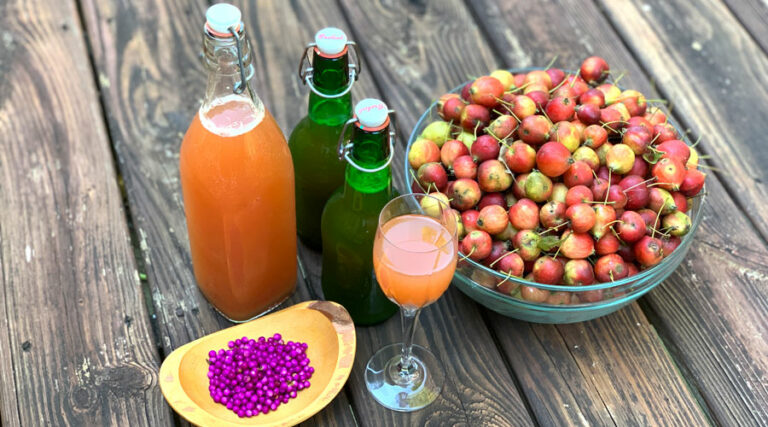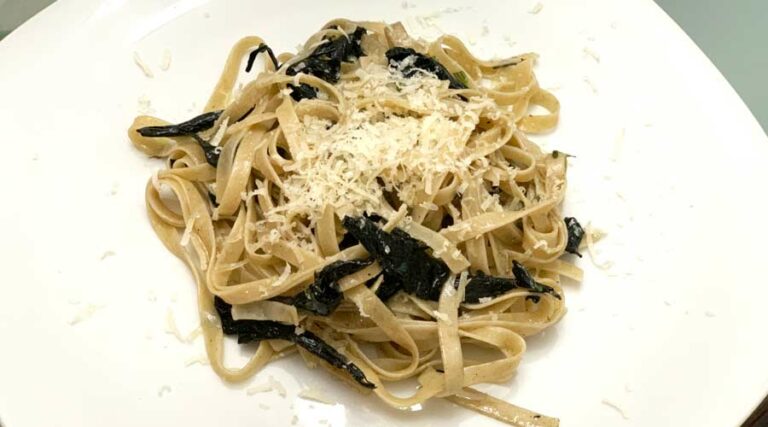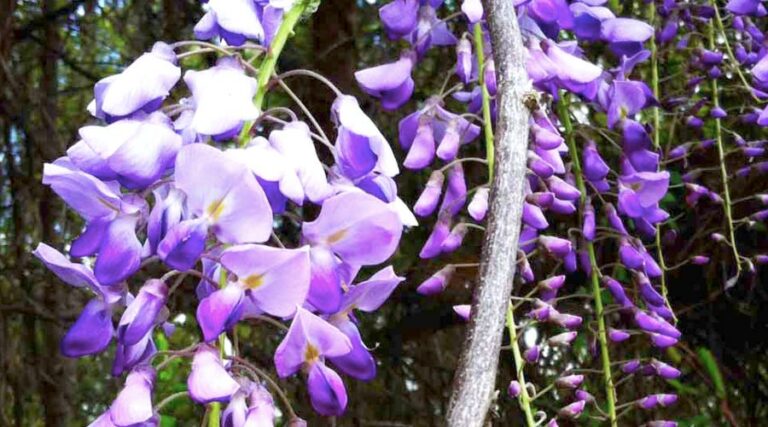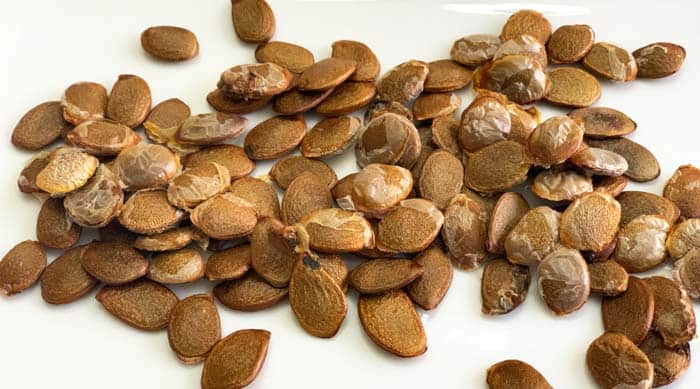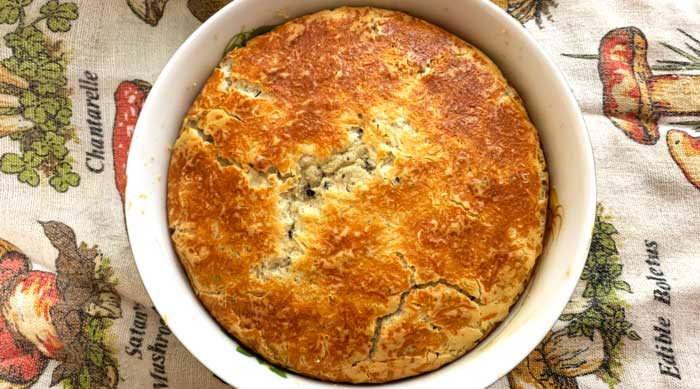The complete foraging and wildcrafting gift guide
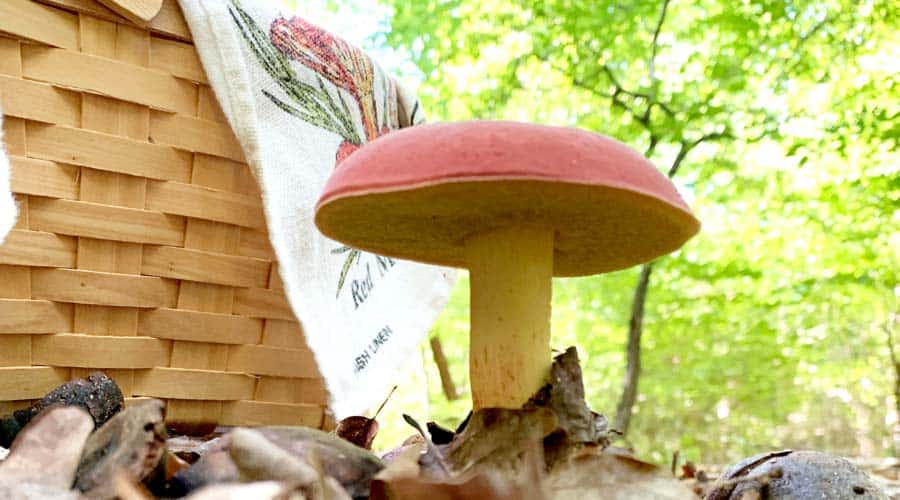
Tyrant Farms' articles are created by real people with real experience. Our articles are free and supported by readers like you, which is why there are ads on our site. Please consider buying (or gifting) our books about raising ducks and raising geese. Also, when you buy through links on our site, we may earn an affiliate commission. Learn more
We’re avid foragers and wildcrafters. When friends or family ask us what we want for a gift, it’s usually plants, shared experiences, or items to help us cook or process all the goodies we get from foraging or gardening.
If you’re trying to find the perfect gift for a forager or wildcrafter, we hope the list of gift ideas below will help you!
Foraging and wildcrafting gift guide
Our list of gift ideas for foragers and wildcrafters are not arranged in any particular order. The list also includes gifts in all price ranges, so you can find the perfect gift for a forager or wildcrafter regardless of your budget.
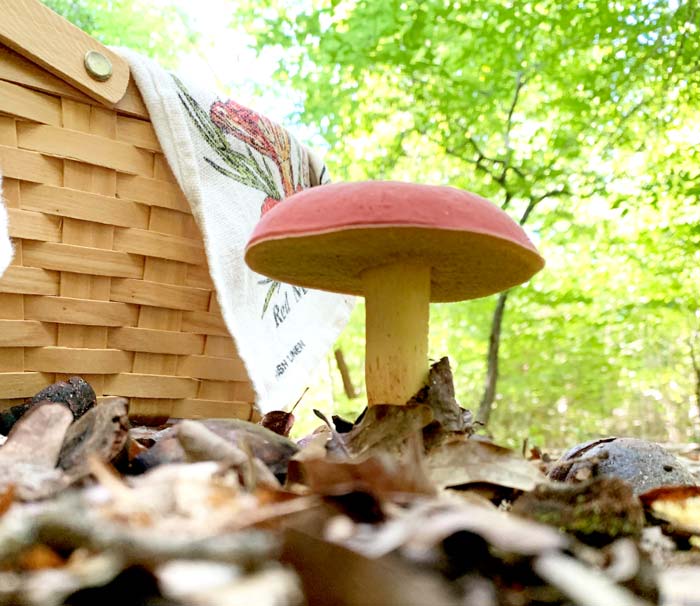
Let’s get started! Note: Click on any of the product links in this gift guide to learn more information about the product, such as current prices, color variations, etc.
1. FORAGING BASKET AND BAGS
Whenever we’re out foraging, we always bring our woven Bolga Market tote basket. It’s lightweight and allows the mushrooms we collect to “spore out” as we walk, helping them reproduce. It works great for collecting garden harvests as well!
When we’re trying to be more discrete or each person needs their own foraging container, we bring organic cotton drawstring bags. These also work great for a trip to the farmers market or for grocery store produce in lieu of plastic or paper bags.
2. Foraging knife with brush
Cutting and quickly cleaning wild-foraged foods (like mushrooms) saves a lot of time and aggravation when you get back to the kitchen. That’s why we love having small pocket knives with a brush attachment, like this Drachenader foraging knife.
3. Foraging and wildcrafting books
No matter how long you’ve been foraging and wildcrafting, you can always learn more! Also, foraging is quite region-specific. What we forage here in the southeast (South Carolina) is very different than what we’d forage in other bioregions/states.
So, having region-specific foraging guidebooks is essential! There are tons of great foraging and wildcrafting books to choose from. Recommendations:
a. General and regional foraging guides
Our absolute favorite general foraging guidebook is Samuel Thayer’s masterful The Forager’s Harvest: a Guide to Identifying, Harvesting, and Preparing Edible Wild Plants.
Good regional foraging guides:
- Northeast Foraging
- Midwest Foraging
- Southeast Foraging
- Southwest Foraging
- California Foraging
- Pacific Northwest Foraging
- Foraging the Rocky Mountains
- Wild Edible Plants of Texas
- Sonoran Desert Food Plants
- Marine Foraging, Freediving for Food (this makes us wish we lived near the ocean!)
b. Backyard foraging. Foraging doesn’t have to involve grand adventures into the wilderness. You can just walk out your front door.
We’ve written an article about 16 common edible weeds that are probably growing in your yard. Here’s a book (Backyard Foraging) that takes things a bit further:
c. Foraging mushrooms. Foraging mushrooms requires an eye for detail and taking necessary safety precautions. Two books to help:
- Mushrooming without fear: the beginner’s guide to collecting safe and delicious mushrooms
- The Complete Mushroom Hunter: Illustrated guide to foraging, harvesting, and enjoying wild mushrooms (Includes home mushroom cultivation info as well!)
e. Foraging cookbooks. What good is a pile of foraged food if you don’t know how to turn it into delicious foods and beverages? Here are three foraging cookbooks that we highly recommend:
- Acorns & cattails: a modern foraging cookbook of forest, farm, and field
- Forage, Harvest, Feast: a wild-inspired cuisine
- The Forager’s Pantry: Cooking with wild edibles
f. Books for the philosopher-forager who enjoys history, anthropology, and sociology:
- The lifeways of hunter-gatherers: the foraging spectrum
- Affluence without abundance: what we can learn from the world’s most successful civilizations
4. Foraging clothes
These clothing items are perfect for foragers:
- Women’s wide brim sun hat
- Men’s cotton mesh hat
- All rubber Kamik women’s waterproof rain boots (The Tyrant LOVES her Kamik boots):
d. Foraging tees:
- I will find you morel mushroom tee
- Morel mushroom vintage tee
- Wild mushroom tee with different species
- Foraging is my happy place (true statement) baseball tee
5. Something different (and prosocial)
Instead of a board game where you try to crush your enemies to death to win, how about a game where you cooperate with your fellow players and win by learning to ID wild edible plants together? Wildcraft: an herbal adventure game, is a highly rated game from LearningHerbs.com.
6. foraging journal
We always make notes after a day foraging. Date, location, conditions, what we found, observations, etc. All this info goes into our mushroom and foraging journal and we reference these notes in future years. This helps us hone our foraging instincts and provides a useful future reference when we’re planning a foraging adventure.
Here’s a good foraging journal for the forager/mushroom hunter in your life!
7. Gifts for the forager’s kitchen:
a. Food dehydrator
When you find a 20 pound maitake or baskets full of morels, a quality dehydrator comes in handy. Between foraging and gardening, our 9-tray Excalibur dehydrator has been turned on more often than off over the past decade… And it still works as well as it did on day 1!
b. Shun kitchen knives
We don’t give each other many material gifts, but when we do, we make them count. Usually, our gifts are something we really need that will last a lifetime. Case in point: years back, we bought each other a set of absolutely stunning Shun kitchen knives for Christmas. These hammered steel Japanese knives aren’t just gorgeous works of art, they’re extraordinarily functional in the kitchen (a place where we spend a lot of time together).
If you only get one, we recommend a classic Shun chef’s knife.
8. Gifts for the forager’s yard or garden
Just because we go on mushroom foraging adventures in the outdoors doesn’t mean we don’t also enjoy growing our own mushrooms at home! You can’t have too many mushrooms, plus sometimes we’re too busy to go out foraging. So it’s nice to be have a home mushroom garden.
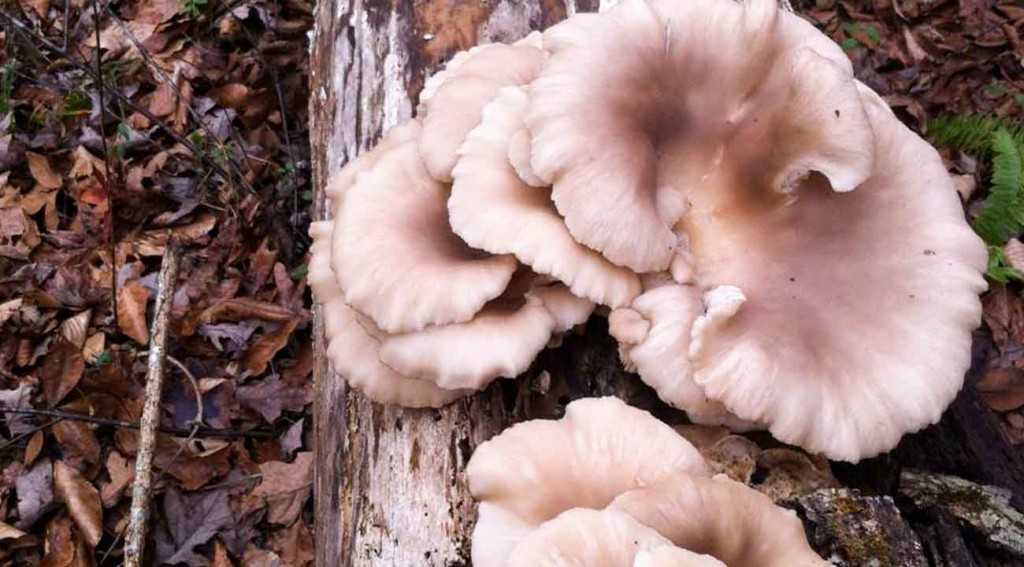
Our top-3 gift recommendations for growing edible mushrooms are:
- Chicken of the woods plug spawn for growing outdoors on logs
- Oyster mushroom grow kit for growing indoors (no effort required)
- Shiitake plug spawn for growing outdoors on logs
We hope these foraging and wildcrafting gift ideas help you find the perfect gift or gifts!
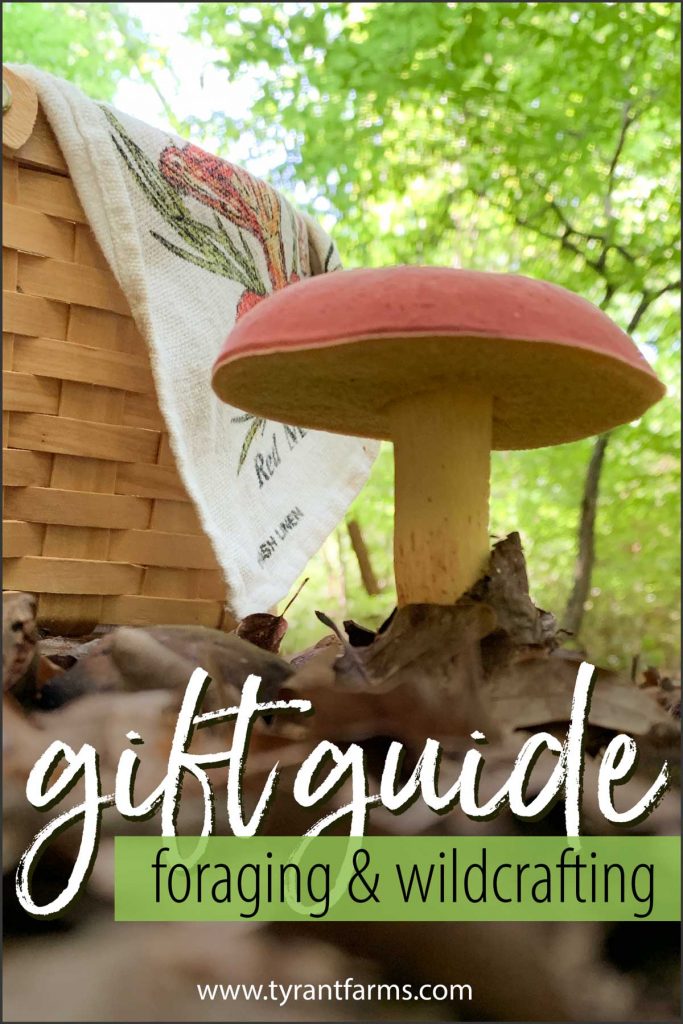
KIGI,


